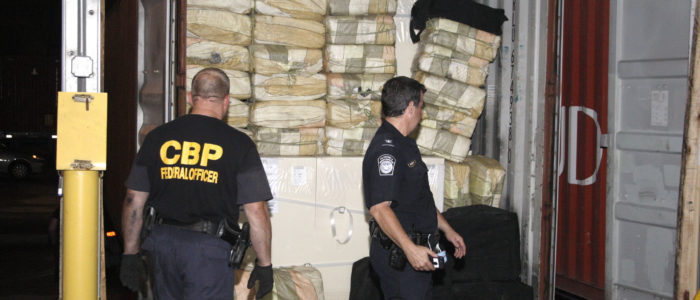In late June, the MSC Gayane was seized due to carrying almost twenty tons of cocaine on board when it docked at the Port of Philadelphia and their C-TPAT status was temporarily suspended. Thanks to the USCBP investigation, we’ve learned that the drugs were on-boarded while the vessel was in open water off the coast of South Africa. Crew members, who have since been arrested for drug trafficking, loaded the cocaine from smaller boats that met up with the vessel while at sea.
The C-TPAT program was created after the 9/11 attacks as a way for customs and businesses to work together and prevent terrorist activities from impacting the supply chains. The cooperative nature gave people a solid stake in the security aspects of shipping by creating best practices with which to conduct business in the face of a changing world of terrorism.
The temporary suspension of MSC, one of the largest carriers in the world, has shaken up both sides of the supply chain. Shippers who depend on the line to ensure delivery and routes are available for their cargo are faced with finding new carriers or dealing with the no longer “low-risk” MSC until their suspension is over.
There’s no shortage of great coverage of this issue as $1.3 billion in illegal narcotics is a rare treat for journalists, but apart from the salacious details, we think this is a great example of why everyone involved in the logistics process should evaluate their back-up plans. As we’ve learned from this issue, there’s no guarantee that carriers will always remain at their best and having a back-up plan in case of shipping emergencies will only help assuage the worry that clients and customers have after this issue.


Comments are closed.